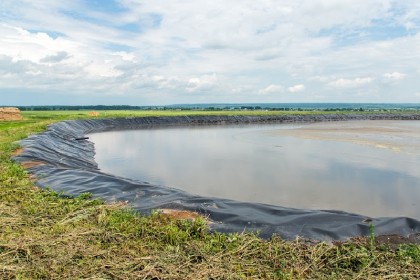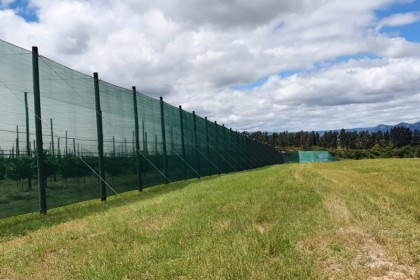
The Importance of Agricultural Insurance in Safeguarding the Farming Industry
In the unpredictable world of agriculture, where nature's whims can impact livelihoods, the role of agricultural insurance is pivotal in providing a safety net for farmers. Agricultural insurance is not just a financial tool; it's a shield against the uncertainties that farmers face, offering protection for their investments and ensuring the resilience of the farming industry.
1. Shielding Against Natural Disasters:
Agricultural insurance acts as a crucial safeguard against the wrath of natural disasters. Whether it's floods, droughts, storms, or other unforeseen events, farmers can find solace in knowing that their crops and assets are protected. This shield helps them recover and rebuild in the aftermath of devastating natural occurrences.
2. Mitigating Crop Losses:
Crop failures due to pests, diseases, or adverse weather conditions can have a severe impact on a farmer's income. Agricultural insurance provides a financial cushion by compensating for crop losses, ensuring that farmers can recover a significant portion of their investment even in the face of unforeseen challenges.
3. Supporting Livestock and Poultry Farming:
For livestock and poultry farmers, the risks are not limited to crops alone. Agricultural insurance extends its protective reach to cover losses in livestock and poultry due to diseases, accidents, or other unforeseen circumstances. This coverage ensures that farmers in the animal husbandry sector can continue their operations with a safety net in place.
4. Facilitating Access to Credit:
Agricultural insurance serves as a key enabler in facilitating access to credit for farmers. Lenders are more inclined to provide financial support when farmers are insured, as it mitigates the risks associated with lending to an industry heavily influenced by external factors. This, in turn, empowers farmers to invest in their operations and adopt modern agricultural practices.
5. Encouraging Sustainable Agriculture:
The insurance landscape is evolving to support sustainable agricultural practices. Insurance products are being designed to incentivize farmers who adopt environmentally friendly and sustainable farming methods. This alignment with sustainability not only protects the environment but also positions farmers to receive additional benefits through insurance coverage.
6. Strengthening Rural Economies:
The ripple effect of agricultural insurance extends beyond individual farms; it strengthens entire rural economies. By providing financial stability to farmers, agricultural insurance ensures that local communities dependent on agriculture remain resilient in the face of challenges. This, in turn, contributes to the overall economic health of rural areas.
7. Embracing Technology for Precision:
Modern agricultural insurance embraces technology, leveraging data analytics, satellite imagery, and weather forecasts for precise risk assessment. This technology-driven approach enables insurers to tailor coverage to specific risks, ensuring that farmers receive fair compensation based on accurate assessments of their losses.
In conclusion, agricultural insurance stands as a cornerstone in fortifying the farming industry against the uncertainties it faces. As the agricultural landscape evolves, the role of insurance becomes increasingly critical in ensuring the sustainability and prosperity of farming communities. By providing a safety net, agricultural insurance not only protects individual farmers but also cultivates a more resilient and secure future for the entire agricultural sector.
For other agricultural products and services, click here












